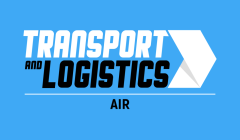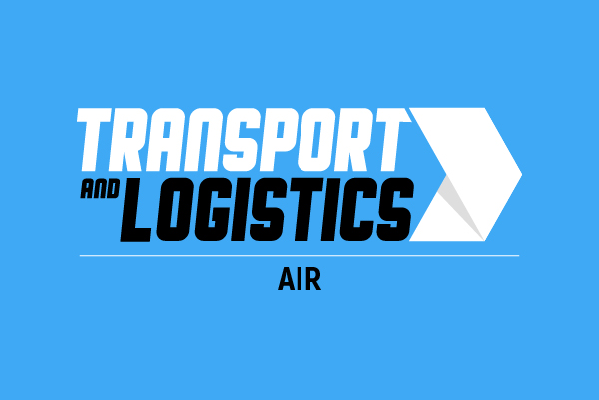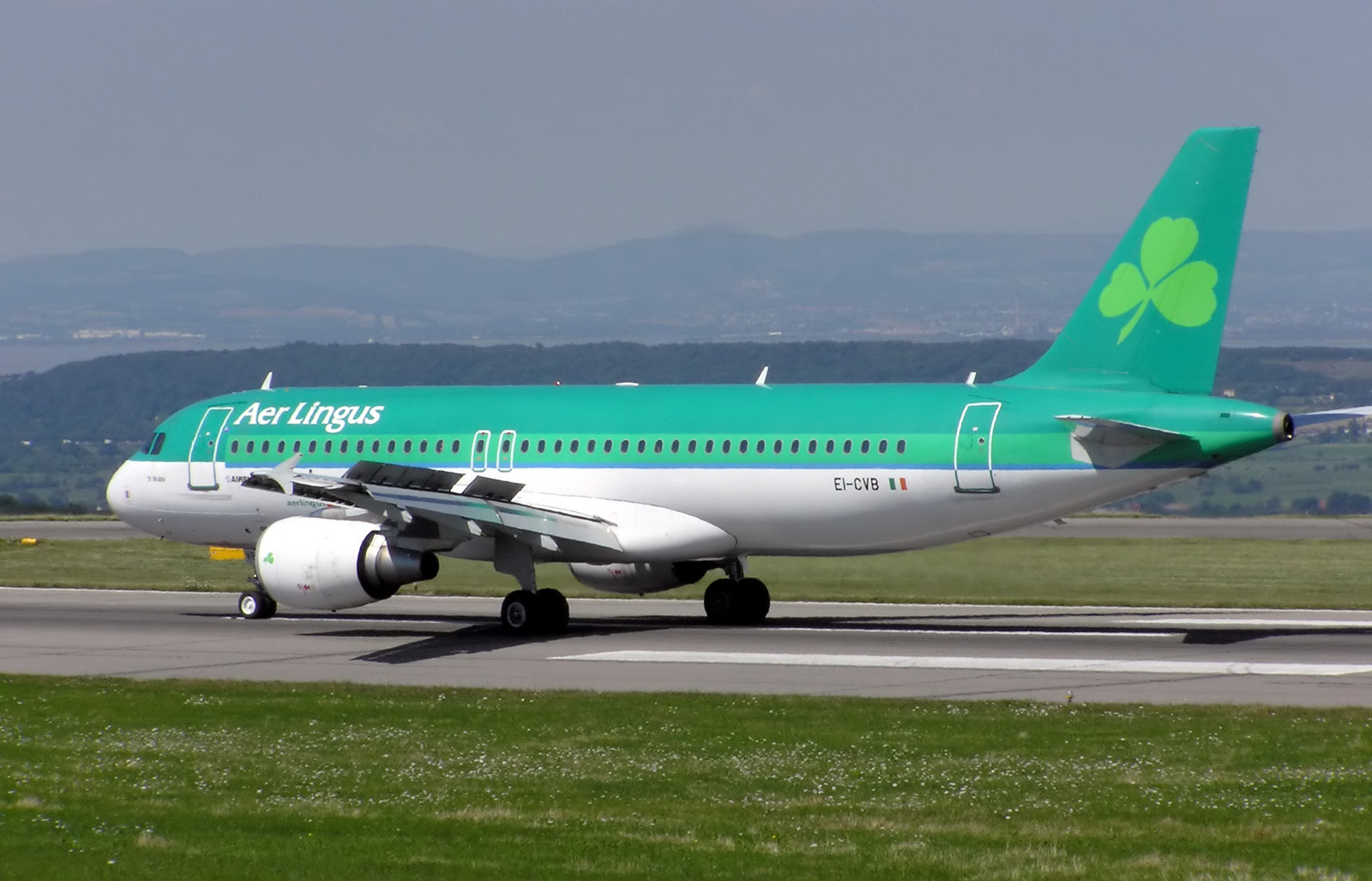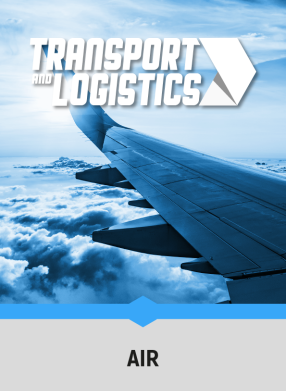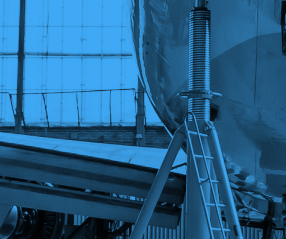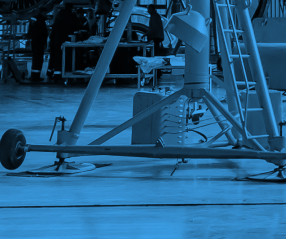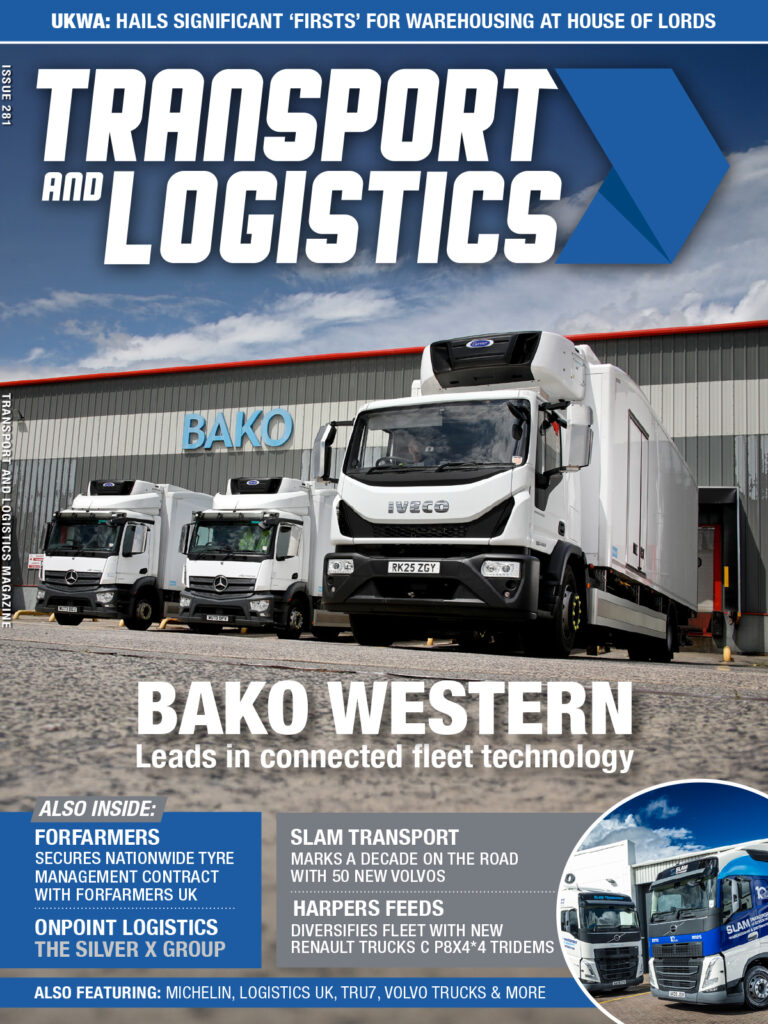The European Commission has cleared under the EU Merger Regulation the proposed acquisition of Irish airline Aer Lingus by International Consolidated Airlines Group (IAG). IAG is the holding company of British Airways, Iberia and Vueling. The clearance is conditional upon commitments offered by the parties to address the Commission’s concerns regarding the transaction as notified.
The Commission had concerns that the merged entity would have faced insufficient competition on several routes. The Commission also found that the merged entity would have prevented Aer Lingus from continuing to provide traffic to the long-haul flights of competing airlines on several routes.
European Commissioner in charge of competition policy Margrethe Vestager said: “By obtaining significant concessions from the airlines the Commission has ensured that air passengers will continue to have a choice of airlines at competitive prices after IAG’s takeover of Aer Lingus. The five million passengers travelling each year from Dublin and Belfast to London will be able to choose among several strong carriers. And we are also protecting passengers travelling on connecting flights between Ireland and the rest of the world.”
The clearance decision is conditional upon the following commitments, which address the Commission’s concerns:
- the release of five daily slot pairs at London-Gatwick airport to facilitate the entry of competing airlines on routes from London to both Dublin and Belfast ; and
- Aer Lingus continuing to carry connecting passengers to use the long-haul flights of competing airlines out of London-Heathrow, London-Gatwick, Manchester, Amsterdam, Shannon and Dublin .
The Commission’s investigation
The Commission’s investigation found that the transaction, as initially notified, would have led to high market shares on the Dublin–London, Belfast–London and Dublin–Chicago routes. The merged entity would have faced insufficient competitive constraints from the remaining players which could ultimately lead to higher prices.
The Commission also analysed whether there was a risk that IAG would prevent passengers flying on Aer Lingus’ short-haul flights, from Dublin, Cork, Shannon, Knock and Belfast, from connecting with long-haul flights operated by competing airlines out of other European airports, including Heathrow, Gatwick, Manchester, Dublin and Amsterdam.
IAG submitted commitments to release five daily slot pairs at London Gatwick which can be used on the specific routes of concern, namely Dublin–London and Belfast–London. The availability of these slots, and other incentives such as the acquisition of grandfathering rights after a certain period of time, facilitate the entry of competing airlines.
Furthermore, IAG made a commitment to enter into agreements with competing airlines which operate long-haul flights out of London Heathrow, London Gatwick, Manchester, Amsterdam, Shannon and Dublin so that Aer Lingus will continue to provide these airlines with connecting passengers. Passengers will therefore continue to have a choice to use other airlines than IAG when connecting at these airports, for instance on Heathrow–New York, Gatwick–Las Vegas, Manchester–Orlando, Amsterdam–Singapore, Shannon–Chicago, and Dublin–Chicago.
These commitments adequately address all competition concerns identified by the Commission. The Commission therefore concluded that the proposed transaction would not significantly impede effective competition in the European Economic Area (EEA) or a substantial part of it.
The transaction was notified to the Commission on 27 May, 2015.
